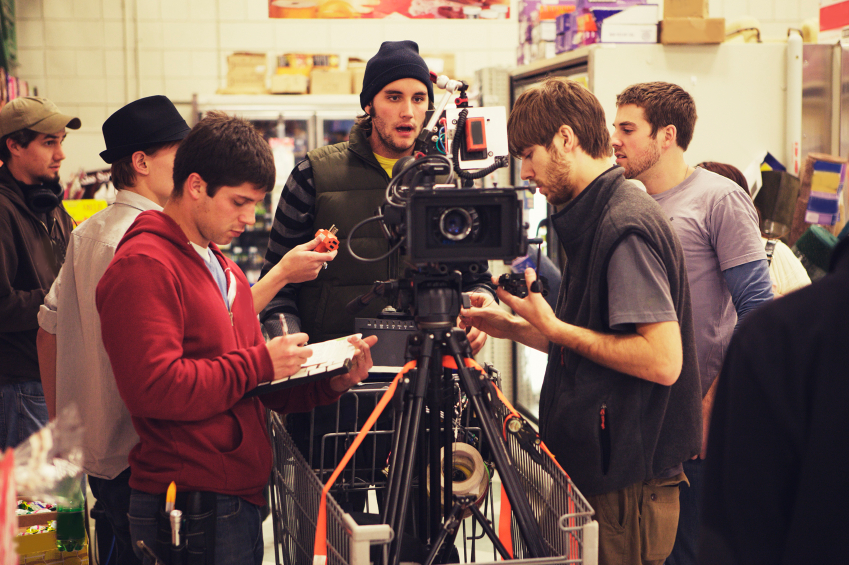PR Secrets for Independent Films
I met with an independent filmmaker the other day about his PR needs for his upcoming film.
Why is that news?
Because he met with me to discuss launching a public relations campaign for his film six months before he will start shooting.
We’ve been representing films for over two decades and believe me this is news.
Generally we'll be contacted by filmmakers once their film has been shot and locked, often a week before the first screening. These filmmakers have generally put a great amount of thought into the making of their film, but little or none into the marketing or promotion.
And that is the kiss of death.
You can make an amazing film, but if you don’t find some way to get it in front of the public only you, your family, and your closest friends will know about it.
So, back to my meeting: the filmmaker wanted to launch well before principal shooting began in order to create an early buzz about the project. He then wanted to do some on-the-set promotion to offer the audience behind the scenes stories and then shift the focus once the film was ready to screen. He hadn’t locked down distribution, so part of the PR outreach was to interest distributors as well as to begin to build a name for himself in the industry.
Before contacting my firm, he had been sending out press releases through a wire service and was unhappy with the results. People commonly mistake sending out press releases with launching a PR campaign and nothing could be further from the truth. Press releases are a tool, but nothing more. Sending out a release through one of the paid wire services can help a film’s SEO, but seldom (unless there is a strong newsworthy element or an A-list celebrity attached) will it result in actual media coverage.
He then brought on an intern and had her try her luck at landing media coverage for his production company and upcoming film. That was unfair both to the intern and the media. It placed the intern in a no-win situation since she had no idea how to launch a film PR campaign and it wasted the media’s time. She was busy trying to sell a product, whereas what the media was looking for stories. She inundated producers, editors and writers with the film’s one-sheet which is a sales sheet designed to attract buyers and distributors.
The media hates one-sheets.
I’m repeating myself here, but this can’t be overstated, journalists want stories. If you try and sell them, you lose them. It’s as simple as that.
For a media relations campaign to work:
- Start early
- Know the right contacts
- Develop compelling stories
- Remember less is more
- Be persistent
- Be creative
- Follow through
- Treat the media with respect
- Remember effective PR is effective storytelling



